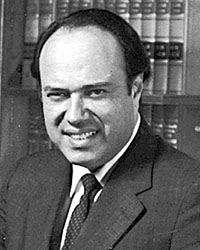In this article, I want to review the interplay between condominiums and land use planning. Often, a planning board will not allow for a creation of a subdivision. In such a situation, I recommend the use of the condominium form of ownership. Submitting a parcel of land to Chapter 183A, the Massachusetts Condominium Statute, is a way to develop a large, mixed-use project on a single parcel of land. The local boards, including the planning board and the zoning board, have to be comfortable with the proposed development. Developer’s land use counsel retains me to serve as condominium counsel for the development. It is preferable that I be retained early in this process, but sometimes I am retained only after the local approvals have been obtained.
My role is to draft the condominium documents including the Master Deed, which creates the condominium, and the document which creates the organization of unit owners. In Massachusetts, this document usually is a condominium trust, but it could also be a corporation, a limited liability company or an unincorporated association. The Master Deed will provide for development in phases. As Chapter 183A does not allow a unit which consists only of land, I recommend that the developer put a construction trailer on the land of the first phase. A construction trailer satisfies Chapter 183A which requires that a unit in a condominium must have at least one room. The site plan and floor plans each will show the construction trailer and are recorded with the Master Deed. The Master Deed will provide that the developer may unilaterally (without the consent of any other party) remove the construction trailer and replace it with the actual building(s) to be built on phase I. When the building(s) in phase I have been created, an amendment to the Master Deed showing the completed building(s) is recorded together with an amended site plan. This process is repeated with each subsequent phase.
A close collaboration between land use counsel and condominium counsel is essential to the development process.
Saul Feldman, Esq. is an attorney with Feldman Law Office, Boston.









